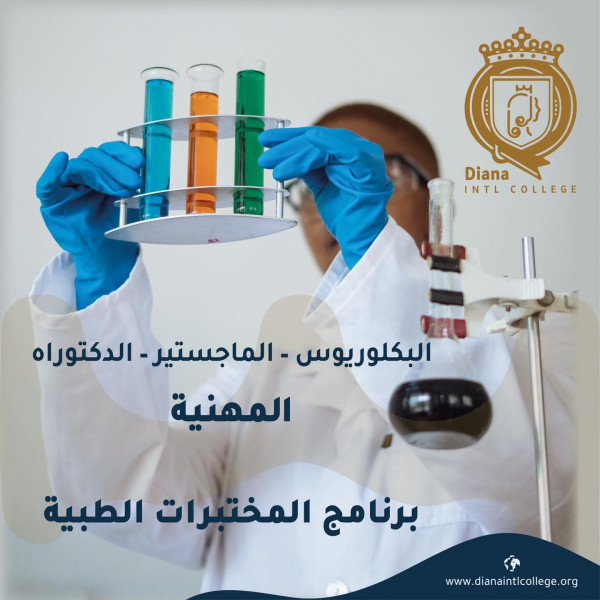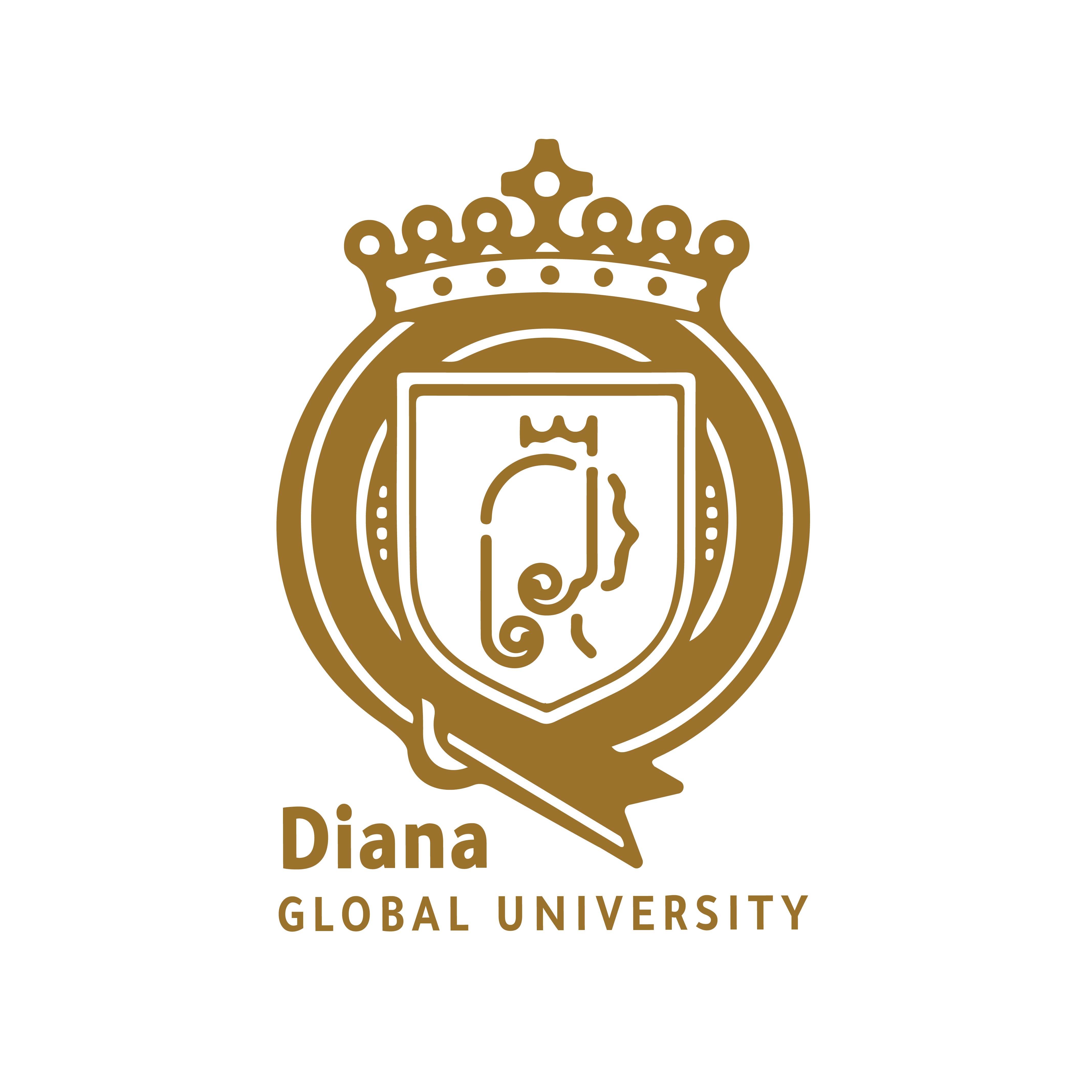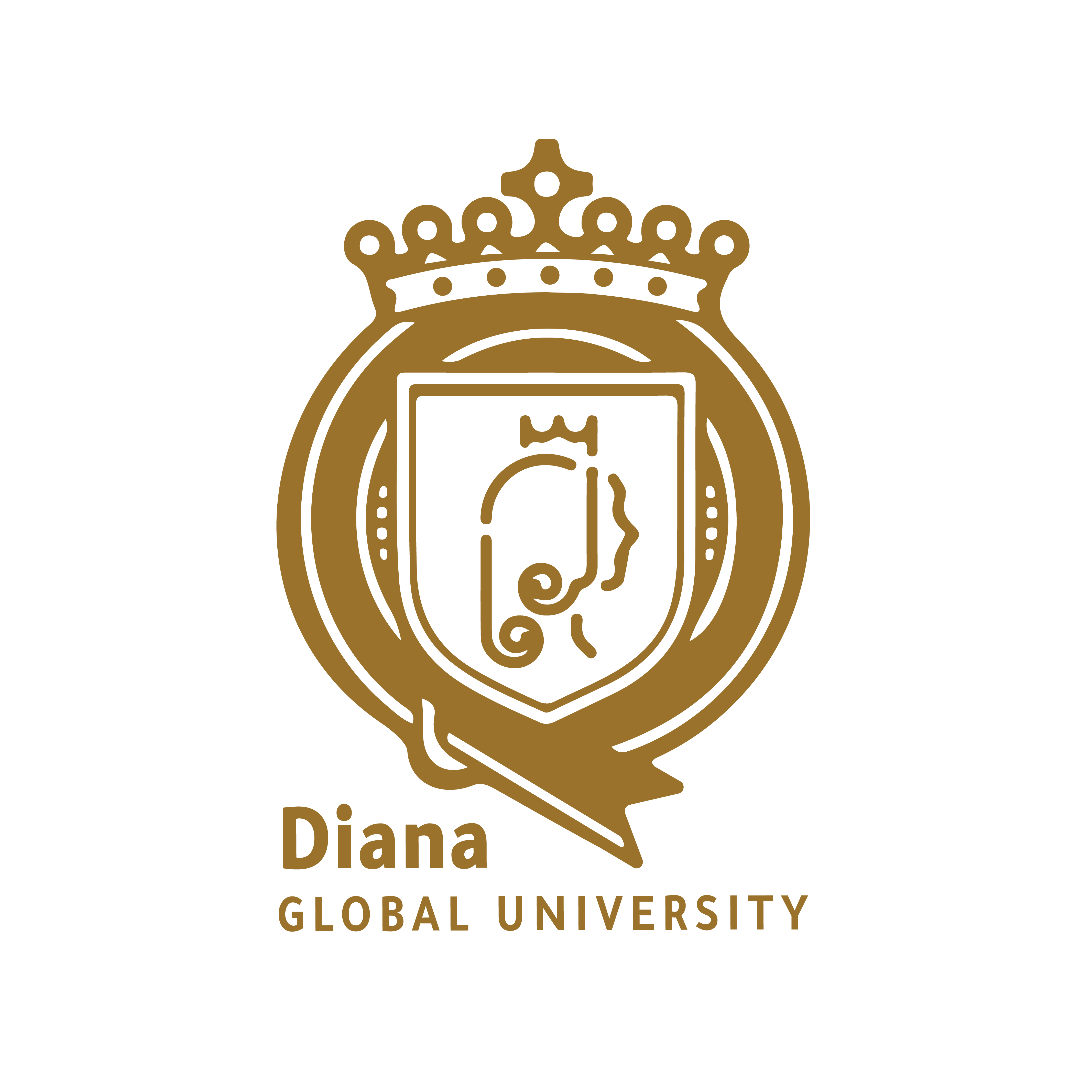Department of Medical Sciences - Medical Laboratories

Students gain comprehensive knowledge of theory, practice, and implementation of business decisions in medical laboratories, so that the curriculum contains the following materials:
1- Field training:
It means field training that it consists of several experiences, cultures, knowledge and skills that are presented in various bodies in a planned and organized manner aimed at raising the level of understanding and awareness among students, increasing their experience and skills, and raising their levels in the manner that will appoint them later. To succeed in achieving their goals.
2- Parasitology:
It is the science concerned with studying parasites and their relationship with the host body.
3- Virology:
It is the science specialized in studying viruses, parasite genes, and virus-like particles
4- Clinical chemistry:
concerned with analyzing bodily fluids using principles and chemical reactions in order to explain the vital processes and pathological changes in the patient’s body.
5- Microbiology:
It is the science that studies single-celled, multicellular microorganisms as well as non-nucleus, eukaryotes and prokaryotes.
6- Genetics:
the study of genes and genes and the resulting diversity of living organisms

